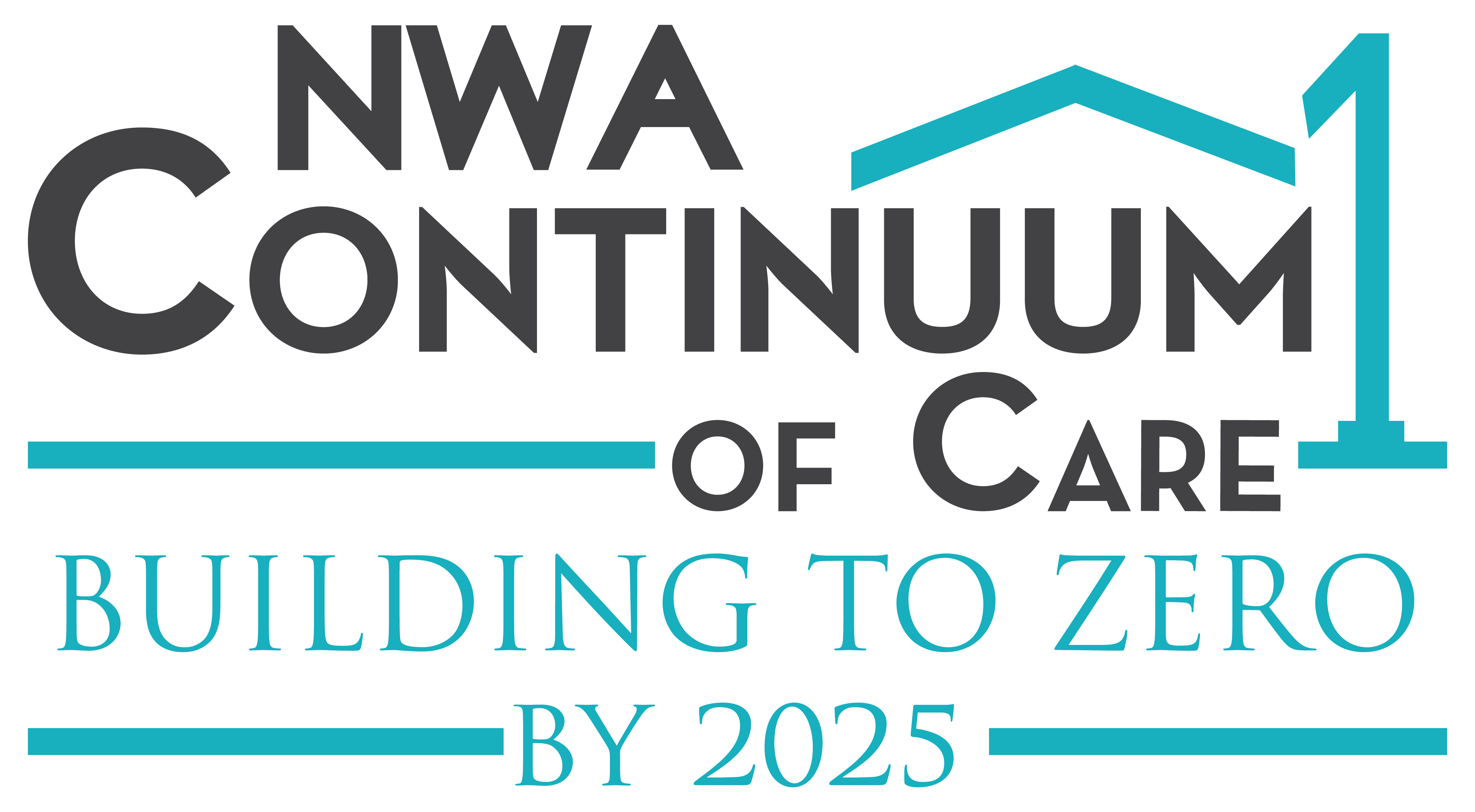Mission Statement: Our mission is coordinating community resources to build a collaborative system that addresses core issues of homelessness and poverty.

Board Members
Angela Belford
Community Advocate
Board Chair
John Gallager, LMSW, PhD
University of Arkansas
Board Vice Chair
Greg Chambers
Salvation Army, Fayetteville,
Board Secretary
Salvation Army, Fayetteville,
Board Secretary
Cari Bogulski
Center for Collaborative Care,
Board Treasurer
Center for Collaborative Care,
Board Treasurer
Debbie Martin
Havenwood, Lead Agency
Havenwood, Lead Agency
Ray Carson
Decision Point
Decision Point
John Cloyed
Property Management
Property Management
Yolanda Fields
City of Fayetteville, Community Resources Department
City of Fayetteville, Community Resources Department
Nancy Kahanak
JEMI
JEMI
Layza Lopez-Love
Community Clinic
Community Clinic
Teresa Mills
Peace At Home
Peace At Home
Billy Rader
7Hills Homeless Center
7Hills Homeless Center
Cheryl Sharman
Community Advocate
Community Advocate
Joy Shirley
Fayetteville Public Schools
Fayetteville Public Schools
Karen Slater
PEARL
PEARL
According to HUD guidelines, a Continuum of Care is established by representatives of relevant organizations within a geographic area to carry out the responsibilities set forth in the CoC Program interim rule.
HUD developed the concept of the CoC in 1995 through its annual competition for homelessness assistance grants. The CoC was envisioned as a local network that plans and coordinates funding for services and housing to assist homeless individuals and families. The HEARTH Act amendments to the McKinney-Vento Homeless Assistance Act codified in law the role and functions of the CoC; thus each community must establish a CoC in compliance with the new CoC Program interim rule. In some communities, very little will have to change to be in compliance with the requirements of the interim rule, but the rule gives CoCs more ability to formalize and change to better achieve the goals of the CoC Program. In other communities, more structure and formalization will need to be implemented to be in compliance with the program requirements.
When establishing a CoC, communities must bear in mind that CoCs are designed to:
HUD developed the concept of the CoC in 1995 through its annual competition for homelessness assistance grants. The CoC was envisioned as a local network that plans and coordinates funding for services and housing to assist homeless individuals and families. The HEARTH Act amendments to the McKinney-Vento Homeless Assistance Act codified in law the role and functions of the CoC; thus each community must establish a CoC in compliance with the new CoC Program interim rule. In some communities, very little will have to change to be in compliance with the requirements of the interim rule, but the rule gives CoCs more ability to formalize and change to better achieve the goals of the CoC Program. In other communities, more structure and formalization will need to be implemented to be in compliance with the program requirements.
When establishing a CoC, communities must bear in mind that CoCs are designed to:
- Promote a community-wide commitment to the goal of ending homelessness
- Provide funding for efforts for rapidly re-housing homeless individuals and families
- Promote access to and effective use of mainstream programs
- Optimize self-sufficiency among individuals and families experiencing homelessness
